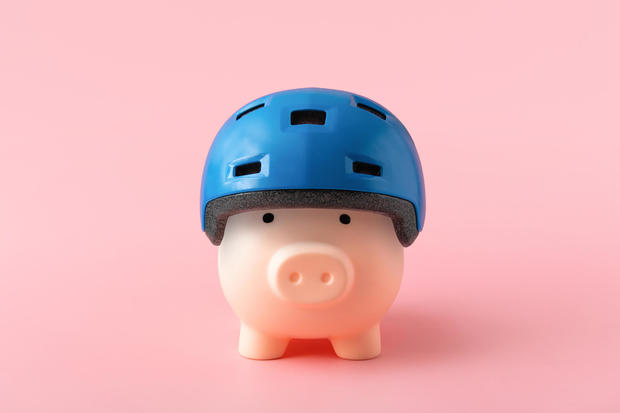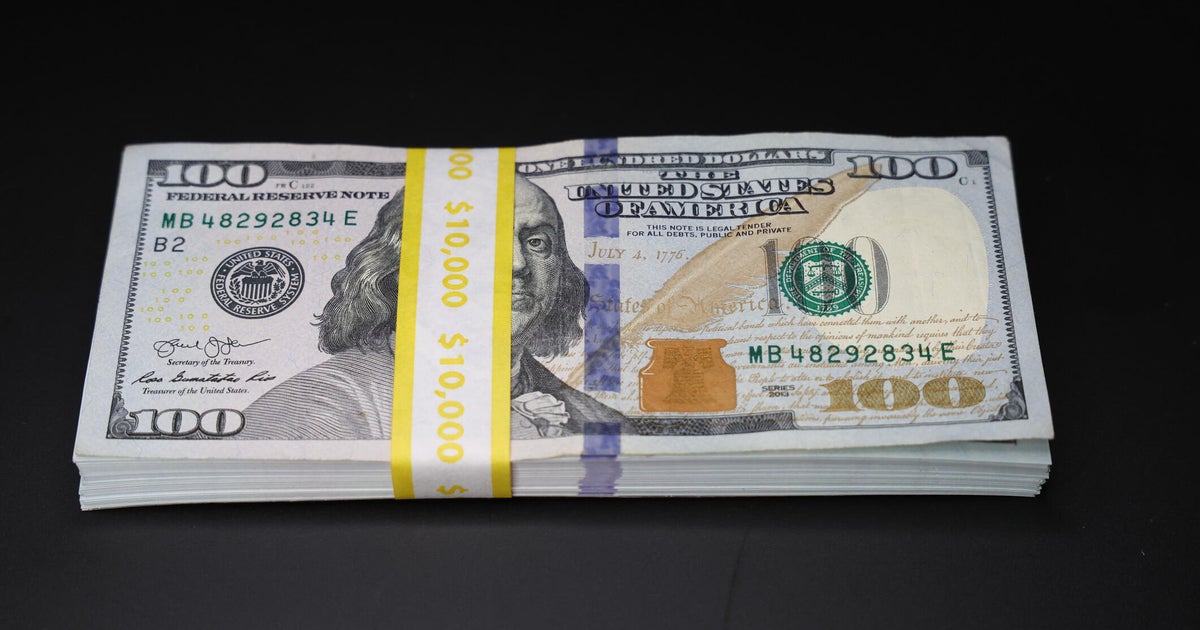A government shutdown is possible. Here are 3 ways to protect your money now.
October 1 is just days away and, with it, the deadline to fund the government. Without a funding bill in place by Saturday, the government will shut down and funding for federal agencies will run out. But the shutdown won't just affect certain sectors of the government; it will also likely reverberate on Wall Street, which affects the wallets of millions of Americans.
Against the backdrop of stubborn inflation and decades-high interest rates meant to combat it, many Americans already feel their budget tightening. A government shutdown could be further bad news. Fortunately, there are some tried-and-true methods that can help alleviate some of the economic pain — some of which even use the elevated interest rate environment as an edge.
Start by exploring your CD account options here now to learn more.
3 ways to protect your money now
Here are three ways savers can protect their money in the face of a government shutdown.
Open a CD
A CD, also known as a certificate of deposit, is a great way to protect your money in any economy but is particularly advantageous now. CD accounts are currently earning exponentially higher rates than most regular savings accounts (think 5.5% compared to 0.45%). And they're safe. The money you deposit will be the same money that's there when your CD term expires, just a bit more thanks to that elevated interest rate.
And, not only will a CD be protected against the larger economic headwinds (due to the nature of a locked CD term, in which savers won't be able to access their money without a penalty) but it will also be safeguarded against any impulse purchases or other immediate economic needs.
See how much more you could be earning with a CD here.
Open a high-yield savings account
High-yield savings accounts operate identically to regular savings accounts, just at a much higher interest rate. While these accounts may not offer the firm shield a CD does, they also won't offer the same volatility you may experience by storing your money elsewhere. Plus, you won't lose any money with a high-yield account and you'll likely earn at an elevated rate here, too (interest rates are comparable to CDs).
In the worst-case scenario, savers will just see their interest rate drop — but their principle will remain the same. And in today's economy and with a government shutdown on the horizon, that's considered a major benefit.
Get started with a top interest-earning high-yield savings account now.
Sit tight
Sometimes, the best financial approach requires the least amount of work. In times like these, that means sitting tight for a bit longer. Don't apply for any new credit or loans. And, do your best to avoid adding to any debt you already have. Keep your credit card balances at a minimum — or, better, pay them off in full. And explore ways to start an emergency fund — or quickly grow the one you already have.
That all said, remember that a government shutdown, if it comes to pass, will be temporary. And inflation will eventually cool and interest rates will come back down. So the moves you make now don't have to be permanent, but they should be part of your daily financial habits for now.
The bottom line
With the trio of a government shutdown, inflation and elevated interest rates, it may feel like your financial options are limited. But there are still some effective ways to combat these issues and protect your money — with a CD and high-yield savings account being two effective ways to safeguard and grow your bottom line. And, in the interim, consider sitting tight with some other financial moves. So don't apply for additional credit, limit your current credit card usage and keep your overall spending to a minimum.




